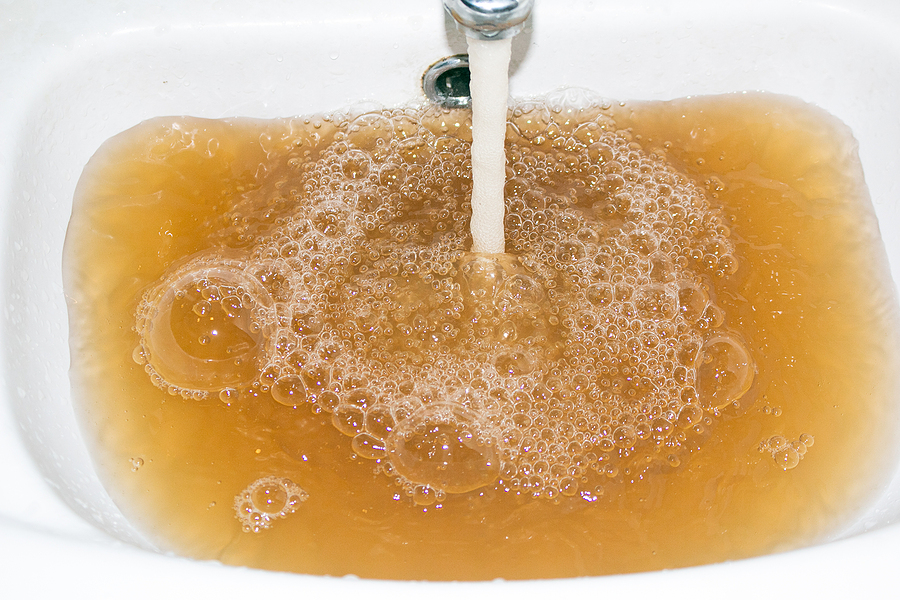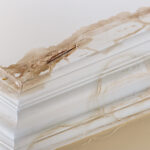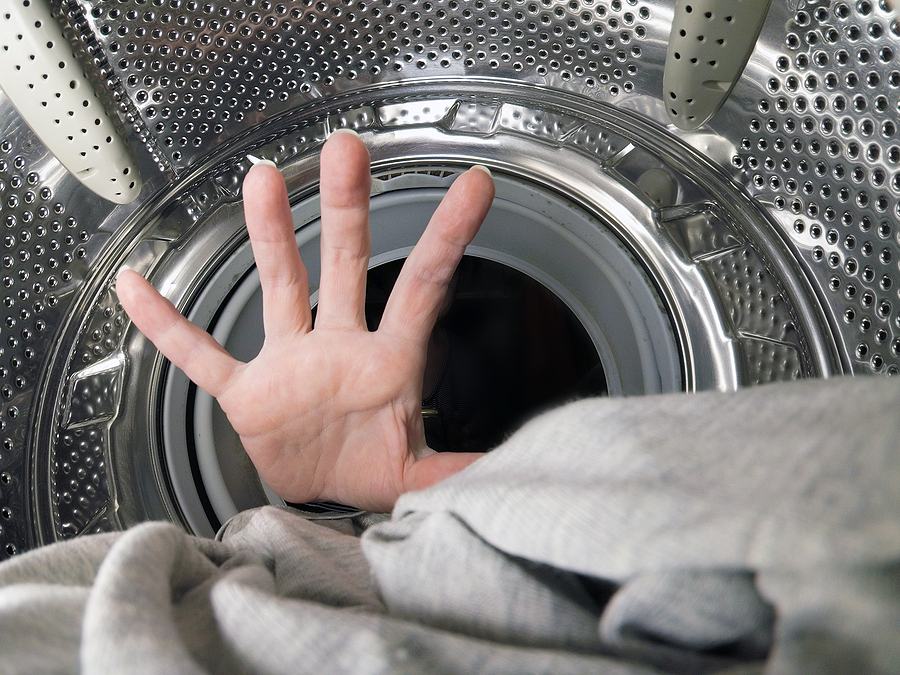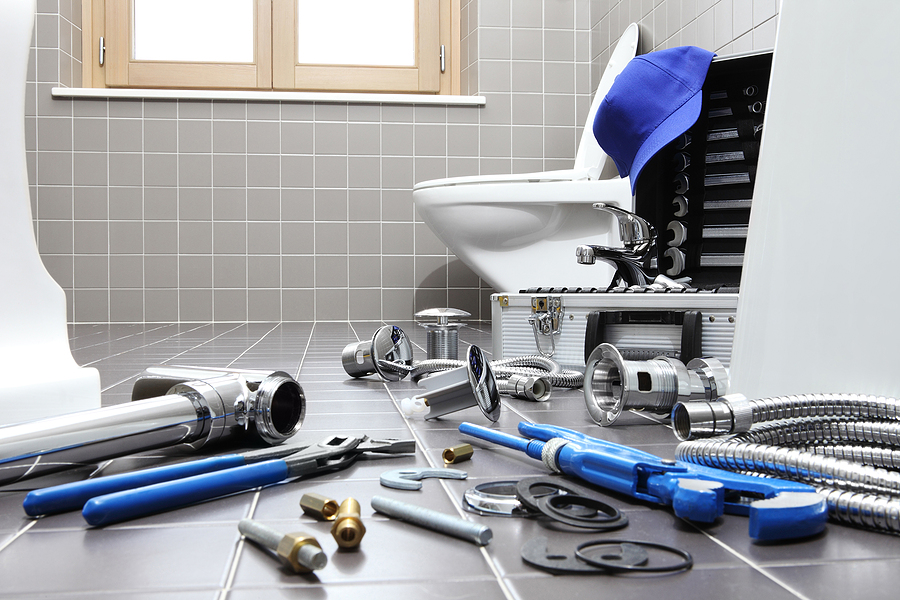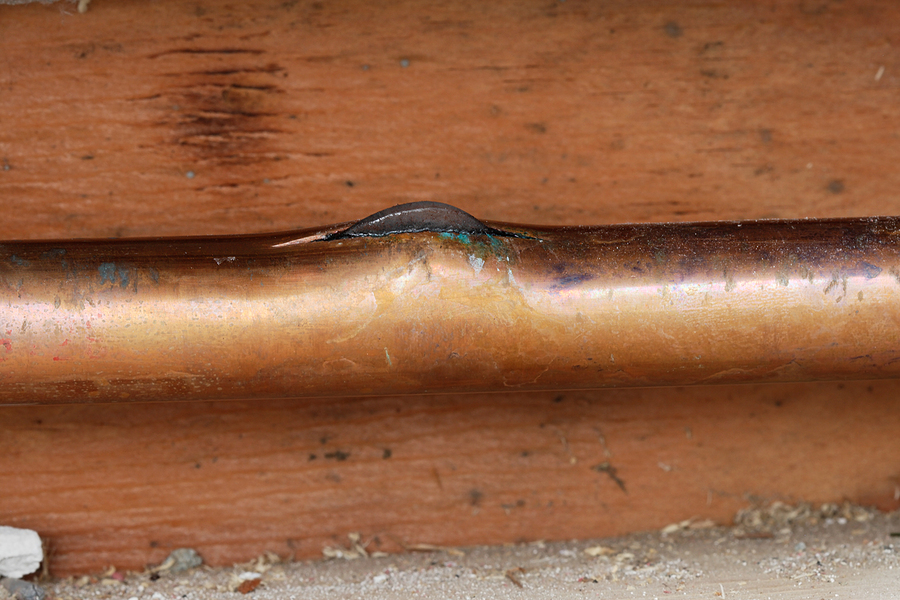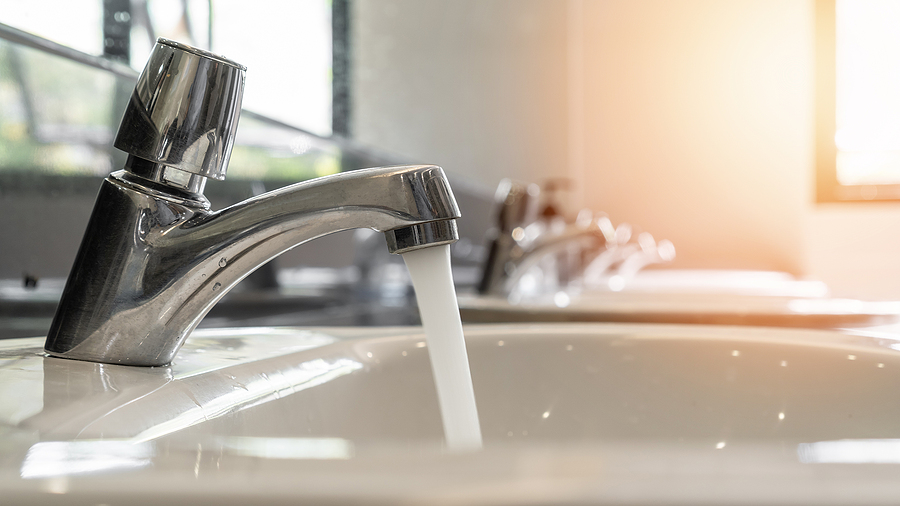Everyone wants clean, clear water for drinking and for various household functions. Having brown water in your taps, toilets, showers, dishwasher, and washing machine can be worrisome and unsavory. If you’re wondering about how to get rid of brown well water, below is a detailed explanation of various solutions to your water problem.
How to Get Rid of Brown Well Water
Table of Contents
What Causes the Brownness in Your Well Water
Iron
Your well water can be contaminated with iron from rusty, corroded plumbing and pipes; or from the Earth’s crust – usually via the underground aquifer. Common types of iron in typical well water are ferric, ferrous, and iron bacteria.
Rust
Rust is formed when the iron gets exposed to oxygen and moisture – which enhances its oxidation process. You will notice reddish-brown stains on areas where iron-rich water can get exposed to oxygen, including bathtubs, sink basins, faucets, and toilets.
Rust corrodes the pipes and plumbing systems, causing them to weaken and crack over time. If you use discolored water for washing, you may experience skin and hair problems.
Tannins
Tannins refer to organic material that occurs naturally in decaying, peaty leaves and soil. When it rains or snows, this material can seep through the Earth and into your well via the aquifer. This water is usually unpleasant to drink and can stain your taps, fixtures, and clothes.
Sediment
Sediment, or silt, can find its way into your well when pumping, especially if the pump, bedrock, casing, or screen are damaged. Well drilling and maintenance can also result in sediments being released into your well via the casing. The pumping system may then suck the silt, and the water will turn brown or gray.
Suspended solids, mud, silt, and sand in your well water could damage your plumbing system and affect the water flow.
Health Problems Associated with Brown Well Water
Brown well water could contain various contaminants that may cause skin or eye irritations. Such contaminants include bacteria, calcium, magnesium, arsenic, pesticides, and chromium 6, among other contaminants. The presence of some of these contaminants in the water may cause allergic reactions when ingested or used for bathing, which could be very disturbing.
Silt is mainly associated with bacteria, such as E. coli, fecal coliform, or total coliform. If ingested, the bacteria can make you sick. High levels of rust can strip your skin and hair of their natural oils, causing itchiness, dryness, and broken hair strands.
How to Get Rid of Brown Well Water: The Methods
Below are some of the most effective methods that you can use to get rid of brown well water:
Salt-Based Water Softener
The ion exchange process occurs in a salt-based water softener. Here, the iron mineral and water hardness ions will be attracted to the positively charged resin beads. Iron, together with calcium and magnesium, will stick to the media bed, and sodium will be released into the water.
A typical ion exchange water softener contains a sediment pre-filter to remove silt and other debris before the ion exchange process begins. Consider using a whole-house water softener to soften the well water before it reaches your water-based appliances, taps, and showers. If you’re on the search, it may help to read more on how to select a water softener.
Reverse Osmosis
Reverse osmosis (RO) is one of the most effective water treatment options available that can provide your household with clean, clear water. It’s ideal for removing up to 100% of organic material from your water.
The dirty well water will pass through several filtration stages and the RO membrane to enhance the removal of several harmful contaminants, including iron, sulfur, lead, and pH hardness.
Replacement of Rusted Pipes
If the reason behind your brown well water is the rusty pipes, you should replace the pipes with ones in good condition. This shouldn’t be a bigger problem if you understand your plumbing system very well. You may also consult a qualified plumber for the job, especially if you have no plumbing experience.
This replacement might cost you up to a few thousand dollars, depending on the type and number of pipes to be replaced. However, it can be essential to get rid of the rust that may harm your health.
Sediment Filtration
Sediment filters are ideal for dirty, discolored water containing silt or sediment. Common filters have pores of 1 to 5 microns designed to filter out dissolved solids, such as rust, dust, sand, and dirt.
You can choose to install a whole-house water filter system or a sole filter for a particular purpose. You may also use the filter alongside other water treatment options, such as the RO system.
Air Injection Filters
An air injection filter introduces oxygen into a pressure tank filled with well water and a relevant media bed. This induces oxidation of iron and manganese, and the oxidized particles will stick to the surface of the media bed used.
The media bed usually regenerates as programmed to eliminate the contaminants before beginning the whole process again.
Conclusion
When looking for how to get rid of brown well water, it’s important first to understand the cause of the brownness in your water. You can test the water using a reliable well water testing kit designed to detect various brown well water contaminants.
Alternatively, you can visit your local laboratory to have a complete water test and be advised on the relevant treatment options.
Image Source: BigStockPhoto.com (Licensed)
Related Categories: Home, Reviews



